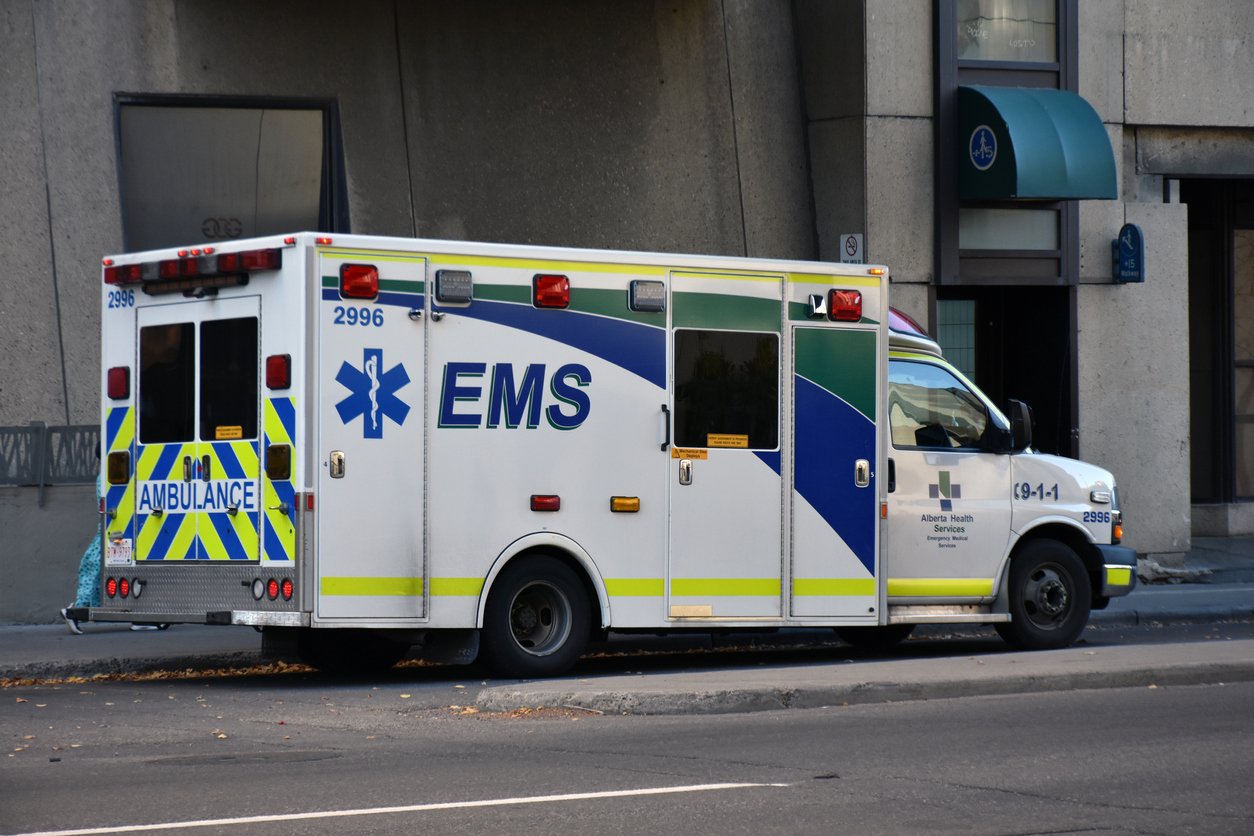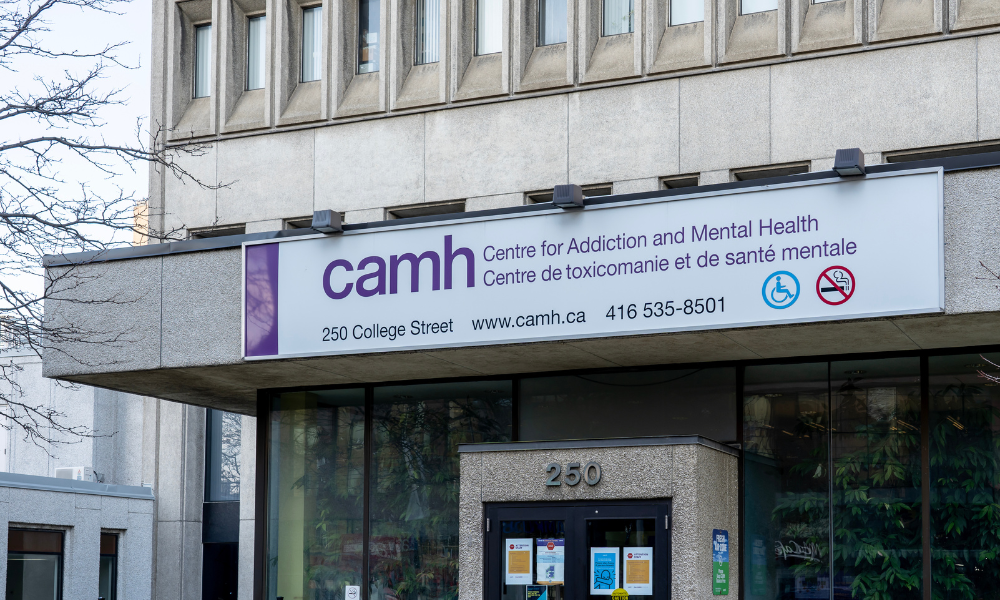Government provided a total of $1.48 million in funding through the Supporting Psychological Health in First Responders program

Alberta is looking to ensure that the mental health needs of first responders are met.
In line with this, the government has provided a total of $1.48 million to four non-profit organizations and seven researchers through the Supporting Psychological Health in First Responders program.
“First responders and emergency health-care workers are at greater risk for work-related mental health issues, which is why funding is being provided to organizations and researchers to improve services,” said Tyler Shandro, minister of labour and immigration. “First responders and emergency health-care workers have our backs and it’s appropriate that we have their backs by providing for their mental health needs.”
Grant recipients include the following researchers:
- Vincent Agyapong, University of Alberta - $150,000
- Suzette Brémault-Phillips, University of Alberta - $206,137
- Doug Gross, University of Alberta - $49,494.50
- Bonnie Laskewicz, University of Calgary - $209,525
- Linda Duffett-Leger, University of Calgary - $201,614
- Rose Ricciardelli, Memorial University of Newfoundland - $187,966
- Dwayne Van Eerd, Institute for Work & Health - $172,820
The following service providers will also receive funding under the program:
- Alberta Critical Incident Provincial Network - $99,875
- Alberta Fire Fighters’ Association -$134,662.50
- Edmonton Fire Rescue Services – $40,000
- Wellness Works Canada - $31,600
The grants support services for first responders and emergency health-care workers living with or at risk of developing post-traumatic stress injuries (PTSIs). The services include peer support and resilience training for workers and caregivers to deal with or prevent PTSIs. The grants also support applied research to develop and evaluate the most effective treatment programs and services. The second cycle of grant recipients will be announced at a later date.
This program will help Alberta firefighters, police officers, paramedics, sheriffs, corrections officers and emergency health-care workers to manage PTSIs.
Previously, Prince Edward Island, along with its partners the University of Regina and the Canadian Institute for Public Safety Research and Treatment (CIPSRT), launched a new free mental health program designed to support the unique needs of public safety personnel (PSP).
In the Edmonton area, three researchers from the University of Alberta each received the grant totalling $711,769. The funding was used to develop a text message system that provides daily supportive therapeutic and educational messages, to study the effectiveness of digital therapies to support first responders, and for research to help clinicians assess and treat first responders at risk of complicated outcomes and improve worker recovery.
“Alberta Labour and Immigration’s Supporting Psychological Health in First Responders grant program is an incredible opportunity to amplify the efforts of researchers and organizations working to advance prevention and intervention for those at risk of, or experiencing post-traumatic stress injuries,” said Suzette Bremault-Phillips, associate professor and director, Heroes in Mind, Advocacy and Research Consortium, University of Alberta.
Alberta’s government committed up to $1.5 million per year for the grant program, starting in 2020-21.
Alberta’s first responders include:
- more than 14,000 full-time, part-time, casual and volunteer firefighters, about 80 per cent of which are volunteers
- more than 7,500 police officers
- more than 9,400 paramedics
- more than 770 sheriffs
- more than 1,500 corrections officers
In 2021, Manitoba announced it is investing more than $1 million dollars to provide school staff and students with the mental health supports that they need to support their return in-person education.
Also, the Canadian Association of Medical Radiation Technologists (CAMRT), Sonography Canada (SC), and the Canadian Society for Medical Laboratory Science (CSMLS) called for immediate attention to the mental health crisis that’s been going on among health care professionals.





